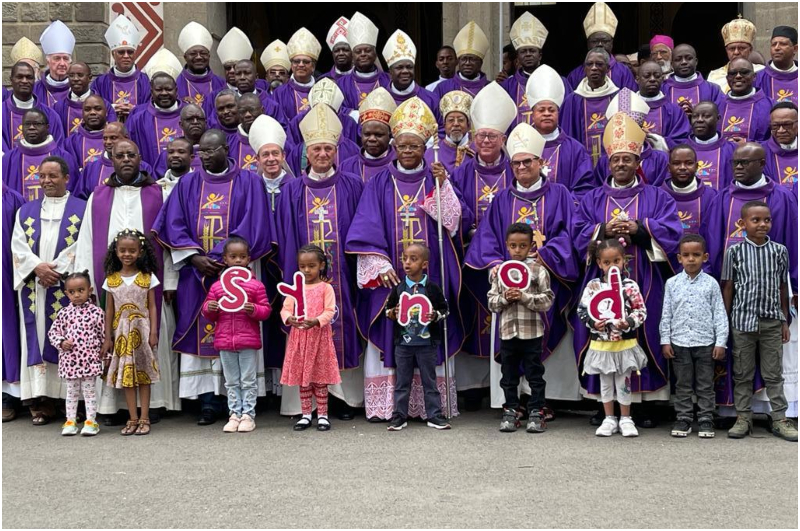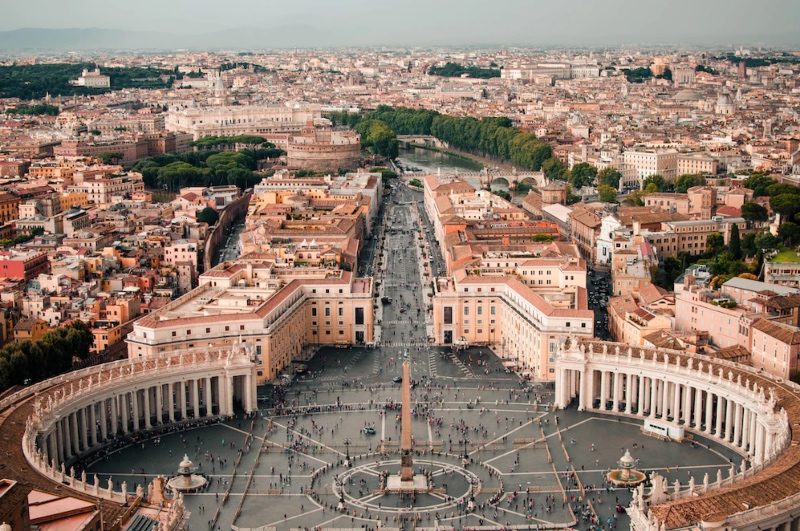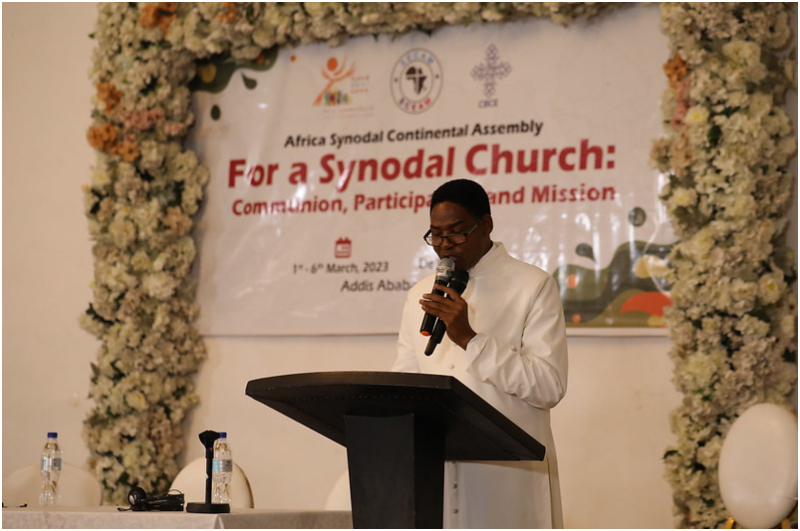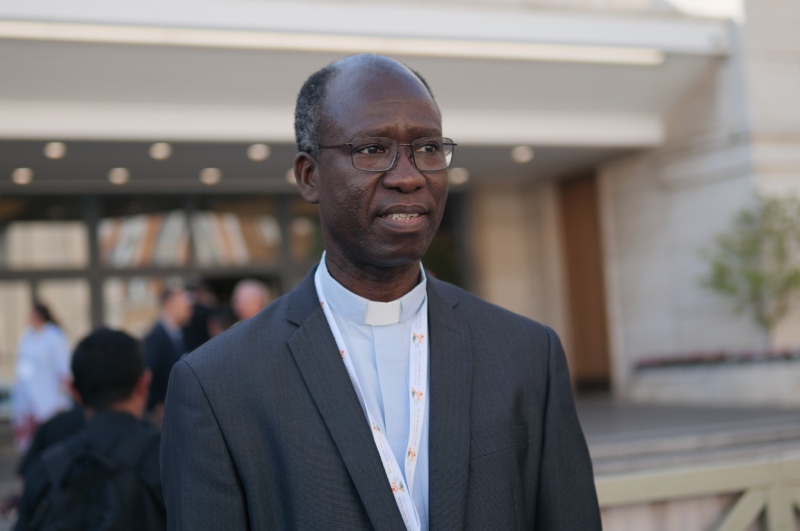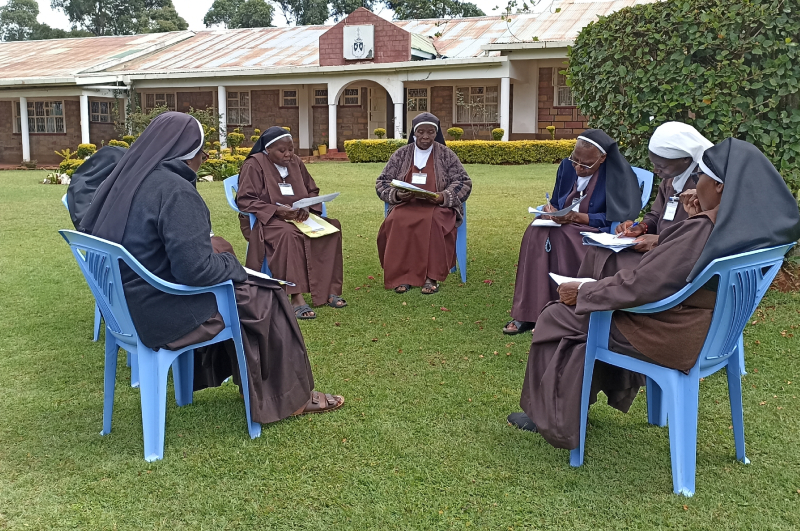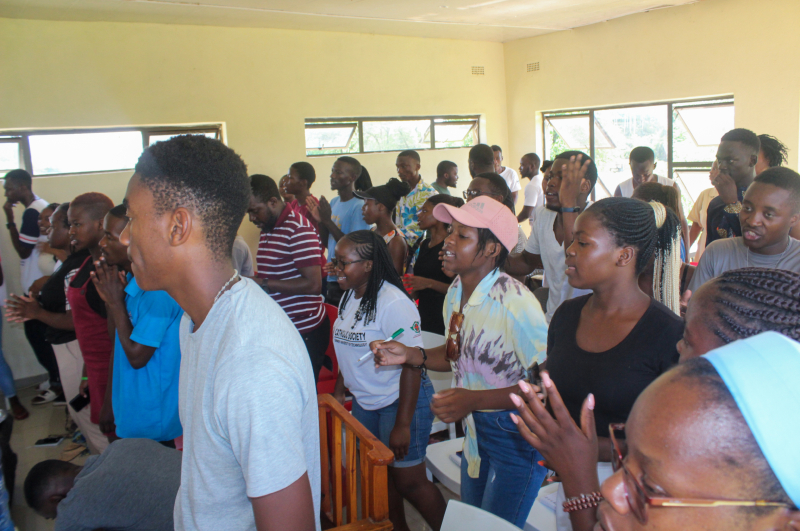

I am excited and looking forward to being a part of the Youth Digital Participation in the Synodal Process initiative being led by International Movement of Catholic Students (IMCS) in partnership with African Synodality Initiative (ASI) from May to August of 2023.
The project is targeting to train 80 youth synodal leaders and 40 social media influencers for the synodal process. This is a fantastic effort that is going to equip young African leaders to lead and take part in synod processes in Southern and Western Africa.
The Archbishop of Harare during Baptism Mass at Our Lady of the Wayside Parish in Harare said, each and every parish has to do their own synodal process, that is, agree on what to do and how to do it, all in an effort to better the parish’s journey of salvation. So, when I heard of this incoming project, I just said the Church really is prophetic. The conviction of IMCS leaders is that, after this project young people make synodality a lifestyle – a characteristic that one uses at home, work, church and even in personal relationships.
I believe Pope Francis idea of synod on synodality is centred on the need to discern and make decisions together through prayer, dialogue, and listening to the Holy Spirit. In recent years, the Church has recognized the importance of including the voices of young people in this process, as they bring unique perspectives and experiences that can enrich the Church's mission hence this project by IMCS to empower young people with synodal processes knowledge and skills.
That sounds like a great program right! It's important for young people to be involved in decision-making processes and to have a voice in shaping the future. The synodal process is an opportunity for people to come together, share their ideas and experiences, and work towards common goals. By training young leaders in Southern and West Africa on how to become synodal leaders, this program will help empower young people to become effective advocates and agents of creating a common home through shared thoughts. I hope that my fellow youths will find the program to be informative and inspiring.
This project also recognizes the importance of digital technology in today's world and how it can be used to enhance the synodal process. By providing training on digital participation, young leaders will be able to engage with the process in new and innovative ways, reaching a wider audience and bringing new perspectives to the table. A project that involves the youth it's always something to look forward to. The vibrance of young people, energy and willingness to learn can bring fresh ideas and perspectives to the synodal process, which can help to foster innovation and progress. By involving young people in the synodal process, we can help to cultivate the next generation of synodal leaders who will be responsible for shaping the future of the Church.
Digital participation is an effective way to engage young people in the synodal process, as it allows them to connect and contribute in ways that are convenient and familiar to them. This can help to encourage greater participation and representation of young voices in the process, which is important for ensuring that their perspectives and concerns are heard and addressed. The Youth Digital Participation in the Synodal Process is something that all youths should look forward to. It's an exciting initiative by youths for youths, something to look forward to because it will build youths in a way that's going empower them to be the great, intelligent synodal leaders of tomorrow who are present and committed to the synodal process. I am excited about the Youth Digital Participation in the Synodal Process!
Related Articles


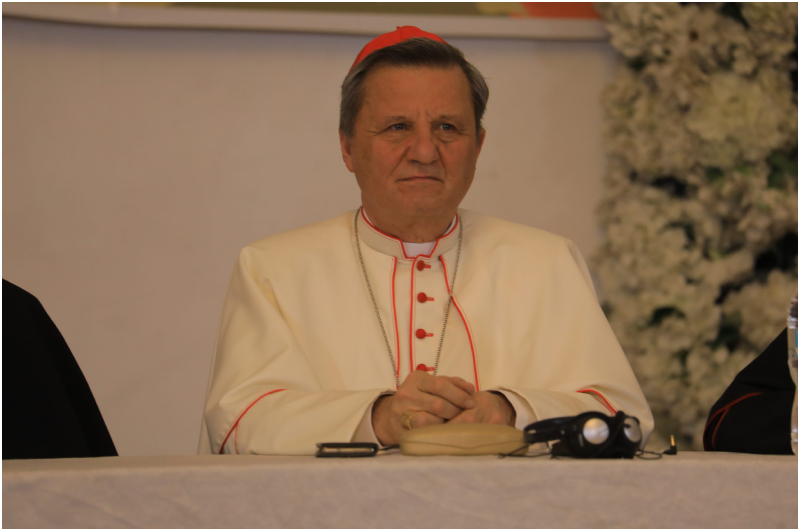
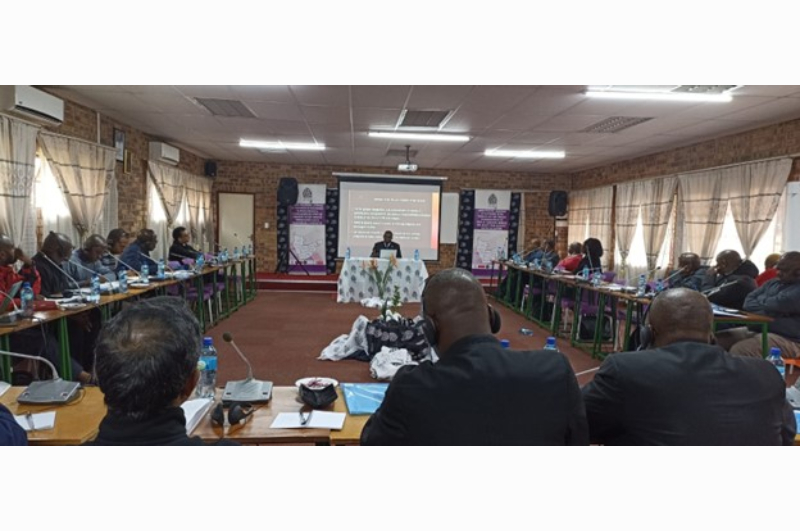
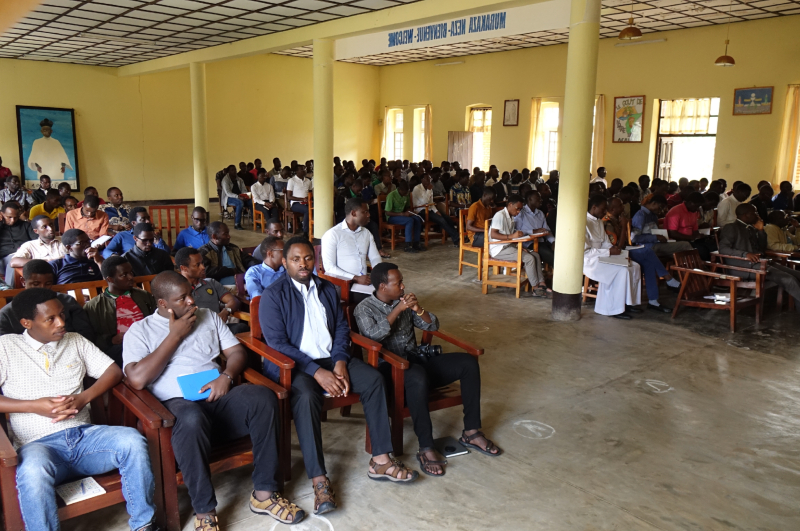
Select Payment Method
Pay by bank transfer
If you wish to make a donation by direct bank transfer please contact Fr Paul Hamill SJ treasurer@jesuits.africa. Fr Paul will get in touch with you about the best method of transfer for you and share account details with you. Donations can be one-off gifts or of any frequency; for example, you might wish to become a regular monthly donor of small amounts; that sort of reliable income can allow for very welcome forward planning in the development of the Society’s works in Africa and Madagascar.
Often it is easier to send a donation to an office within your own country and Fr Paul can advise on how that might be done. In some countries this kind of giving can also be recognised for tax relief and the necessary receipts will be issued.


